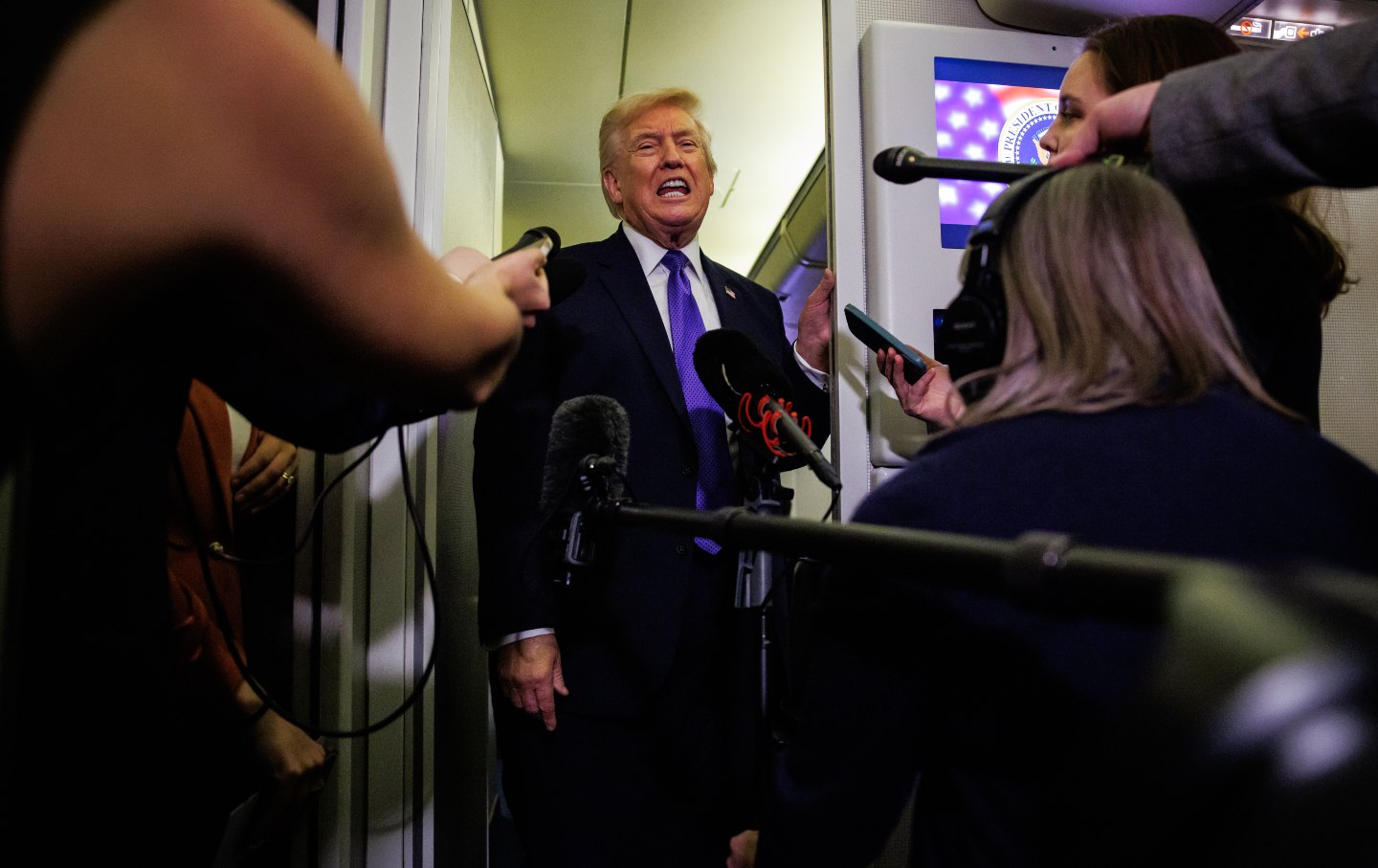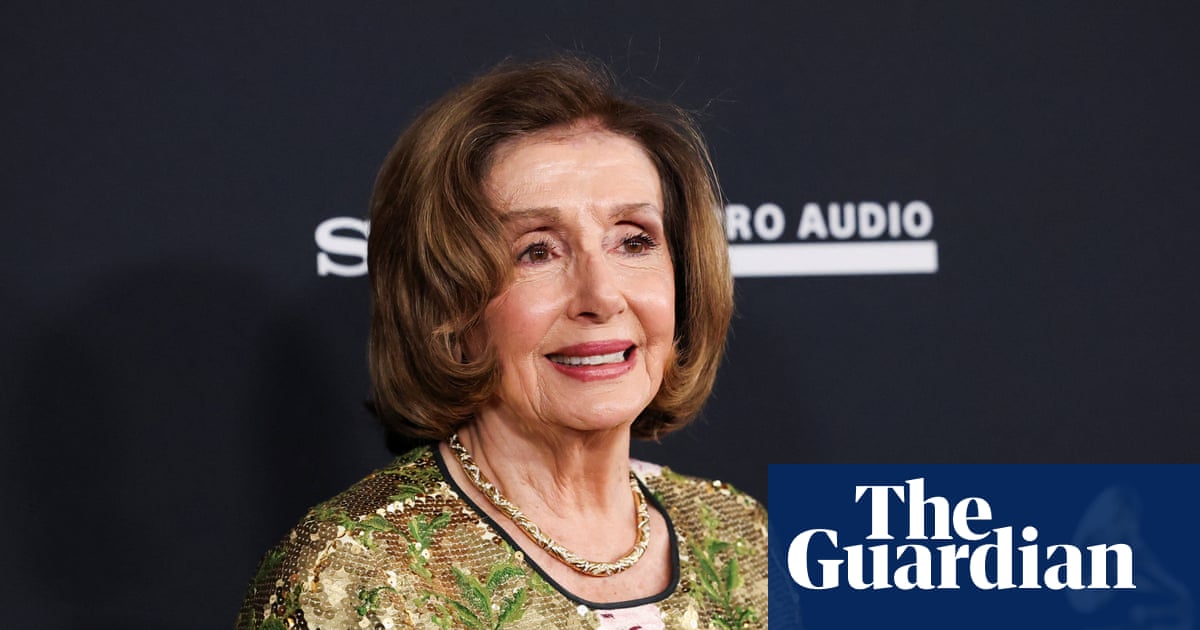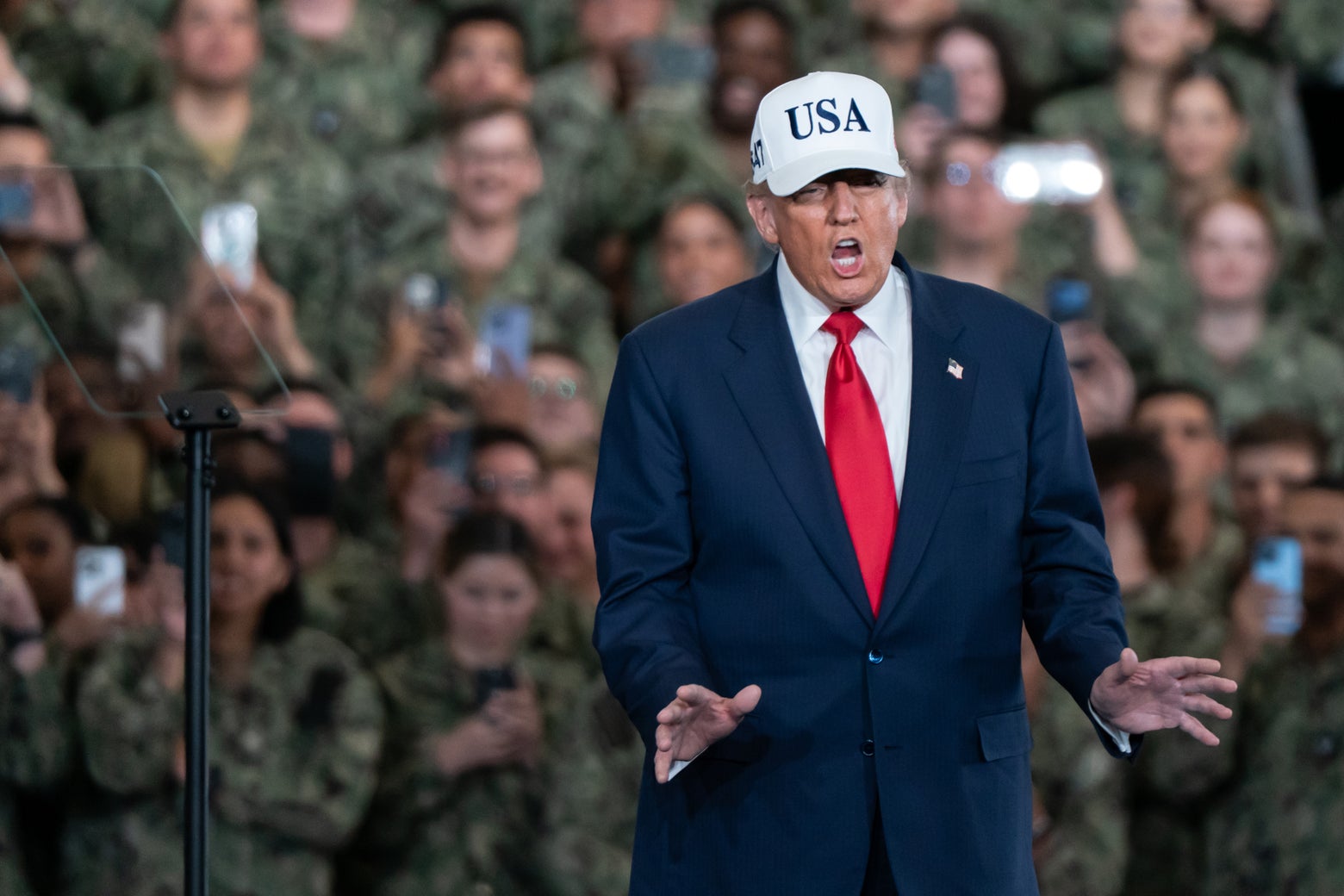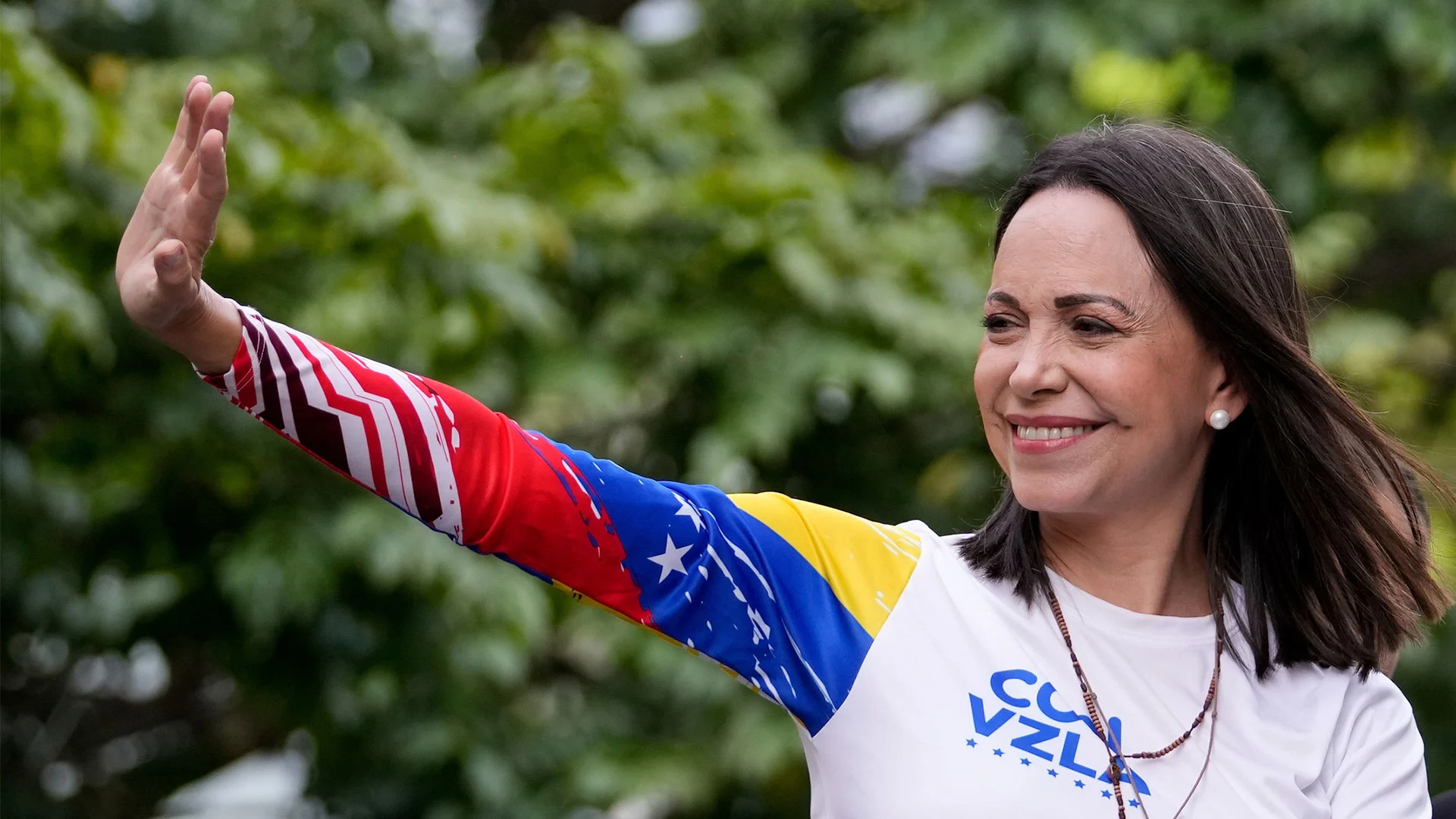fromCornell Chronicle
1 week agoBret Stephens and Seth Klarman in conversation, March 6 | Cornell Chronicle
Pulitzer Prize-winning New York Times columnist Bret Stephens , a Zubrow Distinguished Visiting Journalist, and Seth Klarman '79, CEO and portfolio manager of The Baupost Group and 2026 Hatfield Fellow, will offer "On Democracy, Conservatism and Journalism: A Conversation with Bret Stephens" March 6 at 4:30 p.m. in the Rhodes-Rawling Auditorium in Klarman Hall.
US politics
















